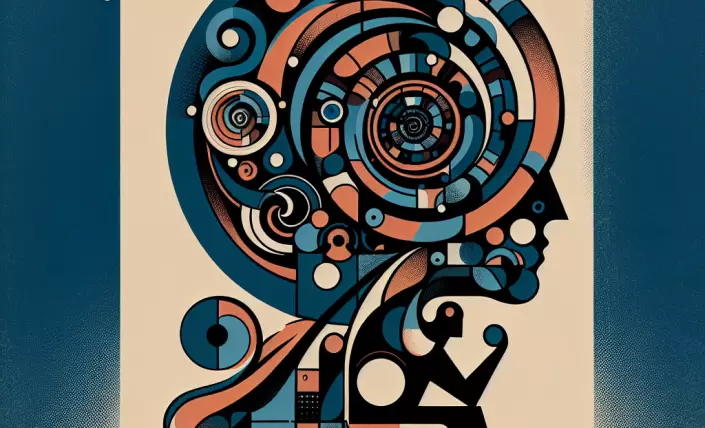Niccolò Machiavelli, often misunderstood and frequently maligned, offers a profound exploration of power dynamics that transcends mere political maneuvering. His work invites us to ponder not just the mechanisms of political authority, but the very fabric of human nature itself. In a world where the virtuous and the vicious often coexist, Machiavelli's insights provide a critical lens through which we can examine the complexities of moral and ethical decision-making.
At the heart of Machiavelli’s philosophy lies the notion that the ends often justify the means, a pragmatic approach that challenges conventional moral frameworks. This perspective forces us to confront the uncomfortable truth that human nature is not inherently virtuous. Instead, it is a tapestry woven with threads of ambition, fear, and self-interest. Machiavelli’s analysis suggests that a ruler—or indeed any individual—must be acutely aware of these elements to navigate the tumultuous waters of human interaction effectively.
Furthermore, Machiavelli’s writings compel us to reflect on the balance between idealism and realism. While idealism champions the pursuit of ethical purity, realism acknowledges the often harsh realities of human behavior. Machiavelli does not dismiss the value of ethical considerations; rather, he argues for a nuanced understanding that appreciates the complexity of moral action in a world rife with unpredictability and deceit. This tension between what ought to be and what is forms the crux of Machiavellian thought and encourages us to critically evaluate the ethical dimensions of our actions.
In delving into Machiavelli’s exploration of power, we are invited to reflect on our own lives and the choices we make. His work challenges us to consider the motives behind our actions and the potential consequences that stem from them. Are we driven by noble intentions or by a desire for control and influence? Machiavelli’s insights prompt a deeper introspection into the nature of our personal and professional relationships, urging us to weigh the costs and benefits of our decisions with a discerning eye.
Ultimately, Machiavelli’s philosophy is not a prescription for moral abandonment but rather a call to awareness. It is an invitation to embrace the complexity of human nature and to navigate it with both caution and courage. By engaging with Machiavelli’s ideas, we are better equipped to understand the dynamics of power and to reflect on the ethical implications of our actions in a world where the interplay of virtue and vice is ever-present.










